Each pilot city could choose the most appropriate way to engage with their citizens and other stakeholders to meet the Hack Day objectives based on the specific circumstances of the area. The Hack Day in Hamburg immediately followed the Presentation Day, on the 14th of August at the Louise-Schroeder School in Altona.
The presentation of the pilot implementation actions and results discussed on the same day, fed into the subsequent discussion and co-development of scale-up ideas. As a matter of fact, during the Hack Day, the public was given the chance to work directly on the development of the scale-up solutions for the two implemented pilots in Altona: Sharing Day and new bike racks.
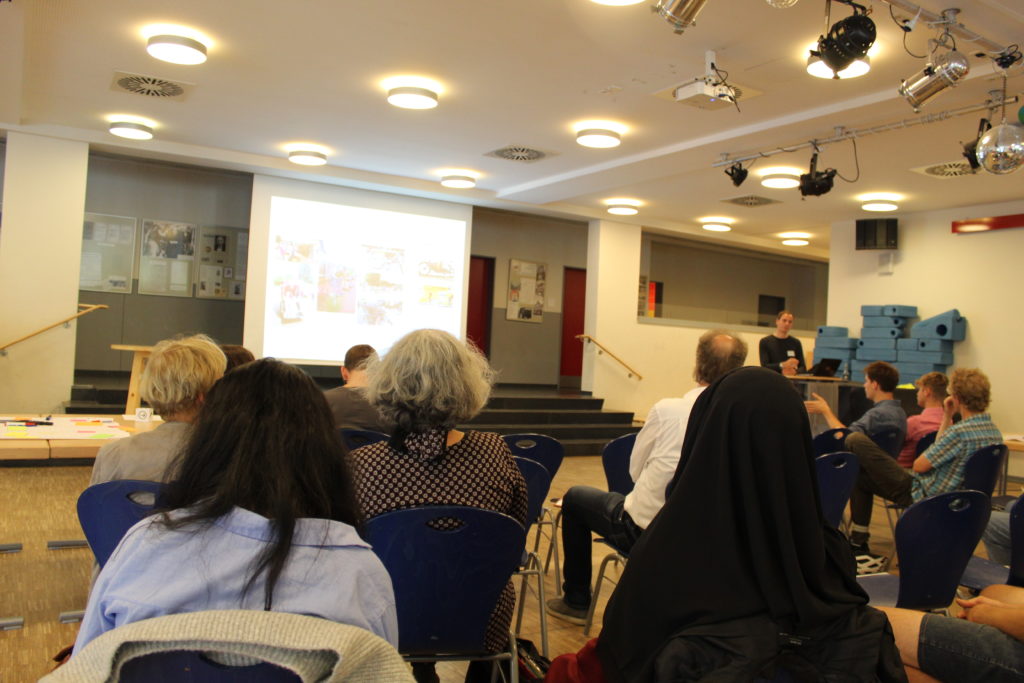
The Hack Day consisted of several co-creation activities. It began with a structured quick discussion section, during which participants could make an argument for their preferred pilot for scale up. Teams were created, based on preferred pilot, and they co-developed their concepts in a world café format. At the end of the event, the concepts from each team table were shared with the group. For this session, a tool called ‘Flammendes Plädoyer’ was used to encourage participants to make a quick statement for their preferred pilot. A video of a match burning down (approx. 20 sec.) was shown. Any participant who wanted to make an argument for their preferred pilot for scale-up could volunteer to speak and could then state their claim in the time it took the match to burn out.
Following this discussion, participants used an active voting method to decide the pilot for which they would like to develop scale-up concepts. Participants moved to one side of the room or the other, based on their chosen pilot. Approximately two-thirds of participants chose the bikes side.
Participants then broke into groups for the co-development activity based on how they voted, with two tables working on bike parking ideas and one table working on sharing ideas. The co-development portion made use of the World Café and Iteration Dice methods. The first round of the world café was a discussion and brainstorming of scale-up ideas, with a moderator helping the group to define a concept at the table. The following two rounds of the world café used the iteration dice method. Participants were asked to visit the other two tables and use the iteration dice to further develop the concepts.
Citizens were a lynchpin of the Hamburg Hack Day. Their participation in the activities and discussions were vital to ideation and co-development of scale-up concepts for the 2 pilots. Following the event, these concepts were posted on the Your Priorities e-participation tool for broader community input. Comments and votes collected in Your Priorities will inform the QHS workshop and the resulting concepts will be further honed and tested in the prototyping workshop.
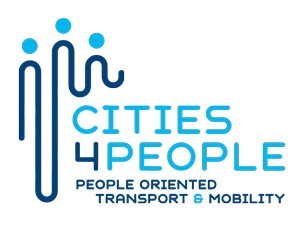
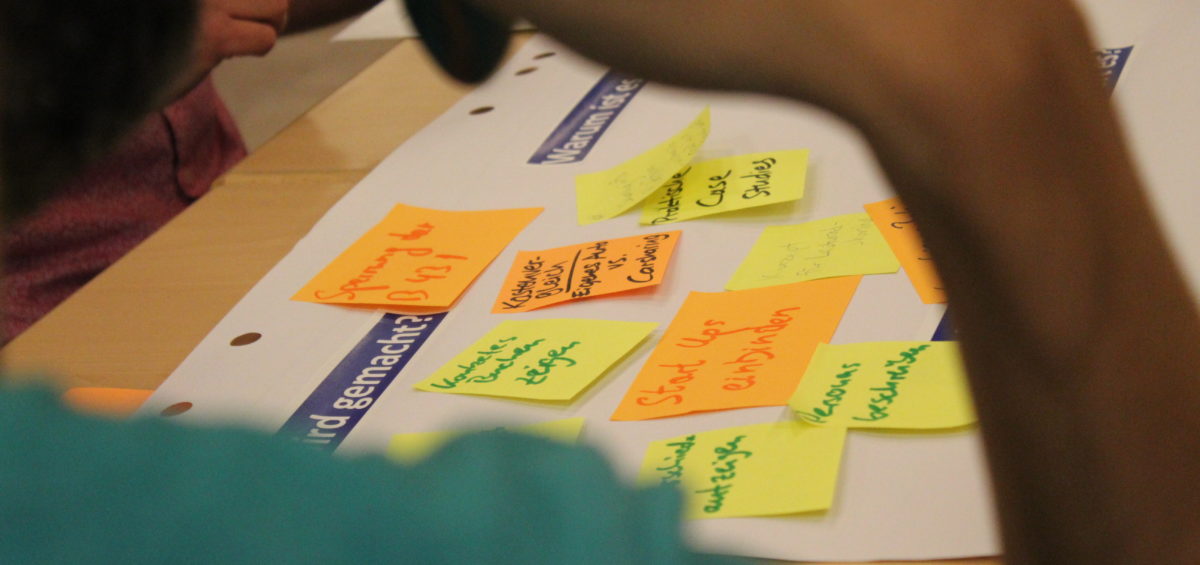
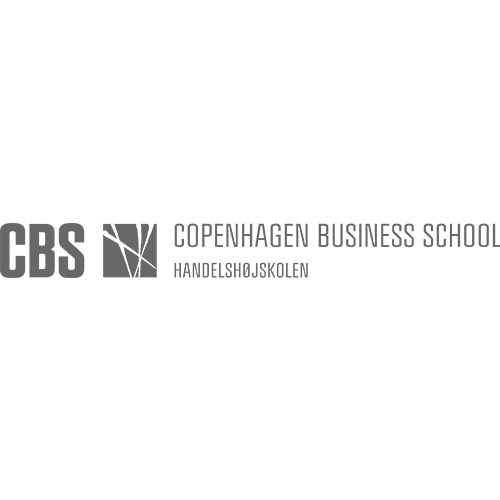

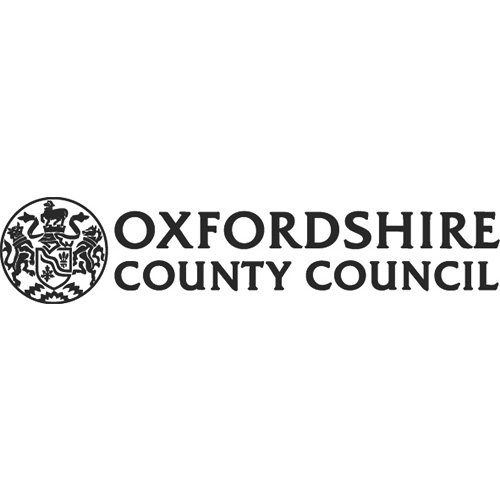

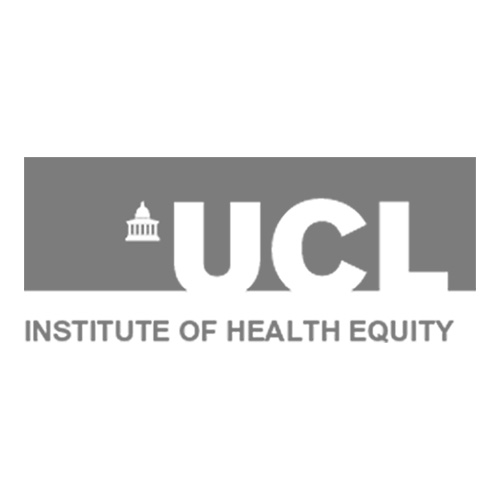

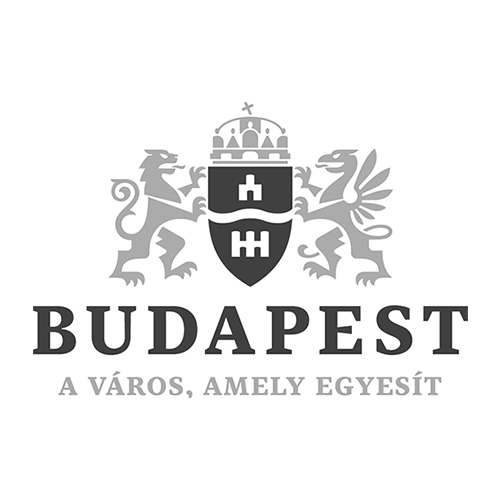
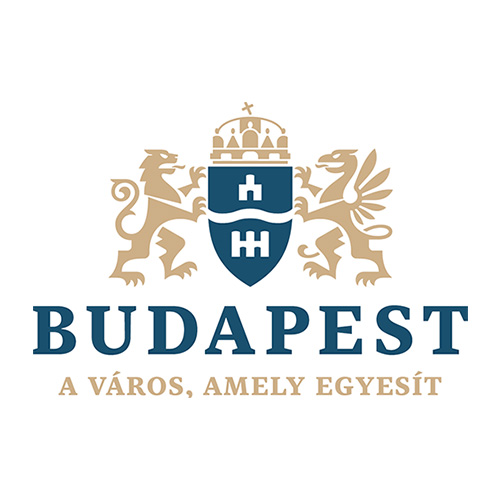
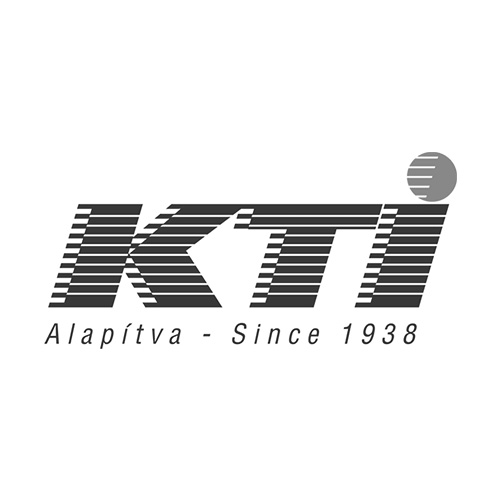
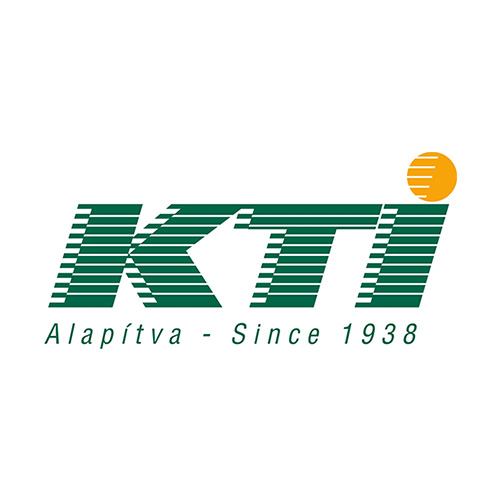
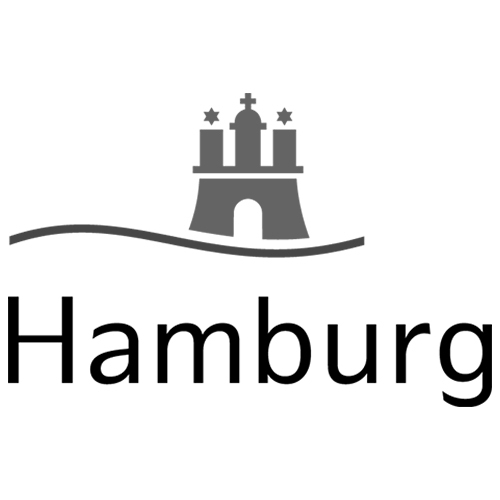
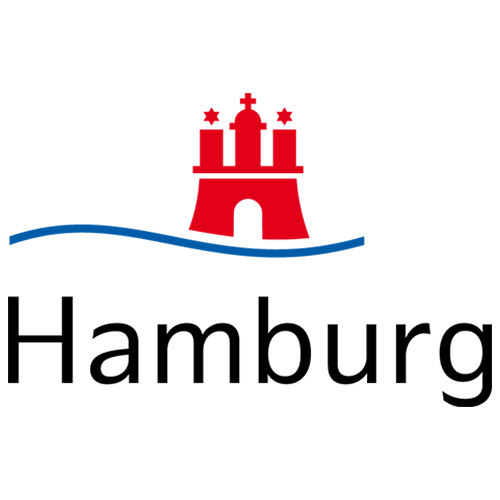
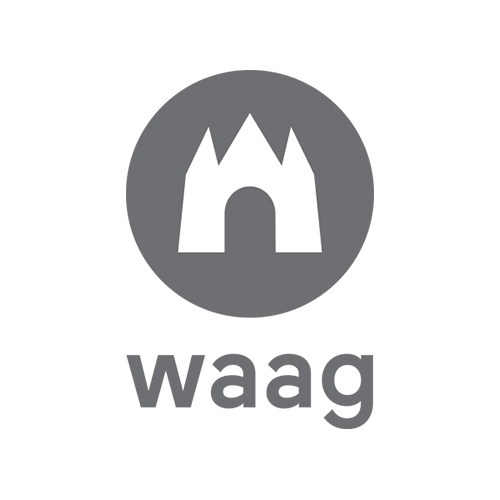
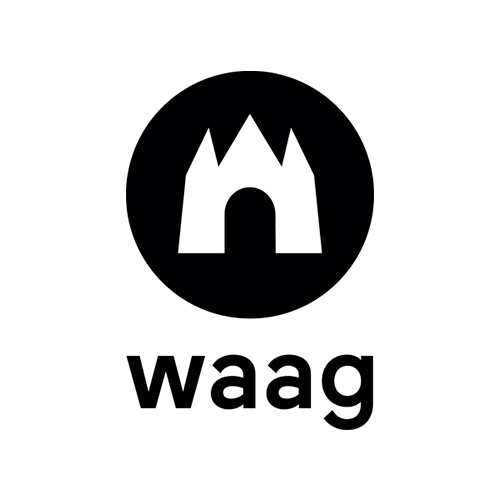
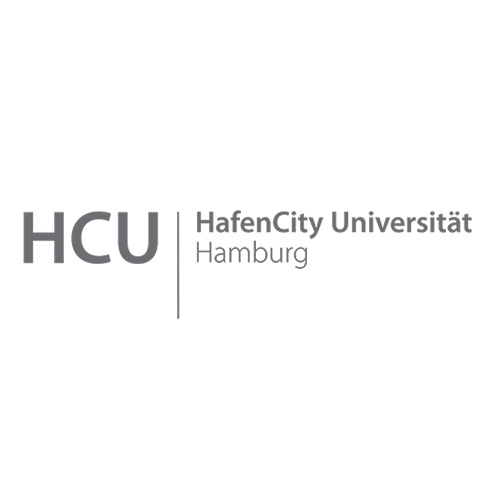
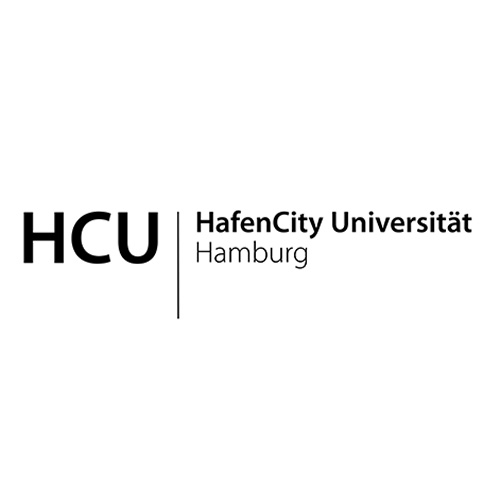
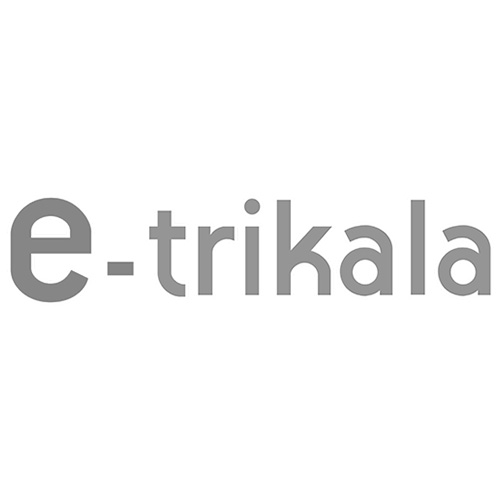
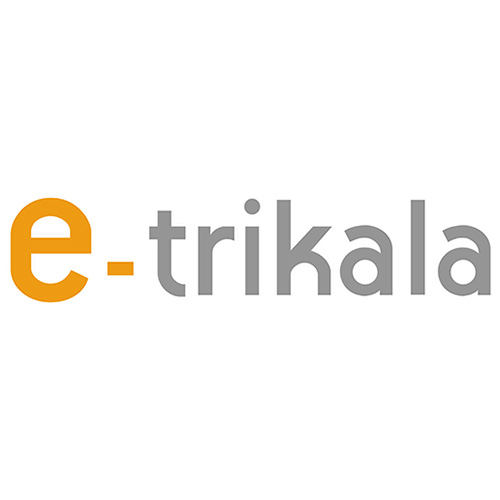
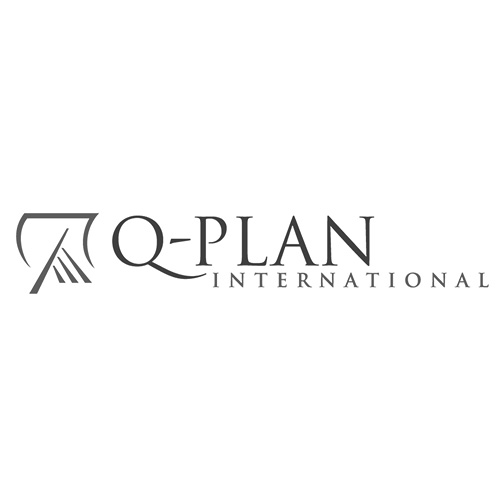
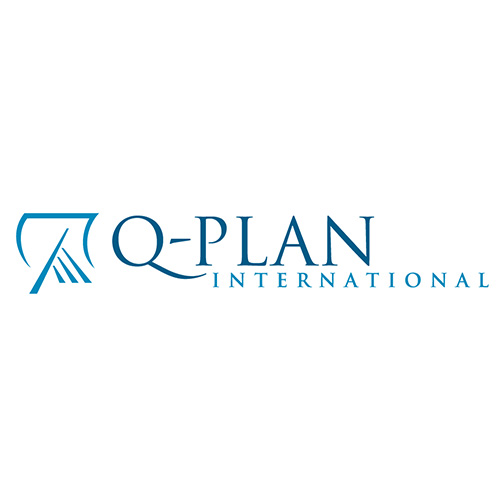
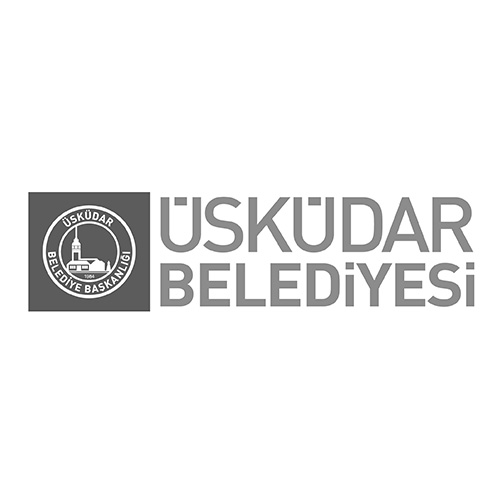

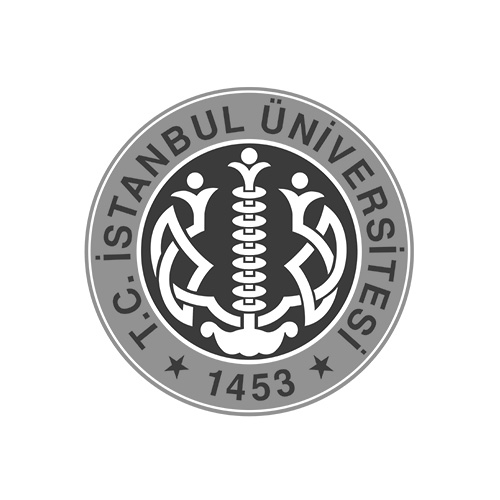
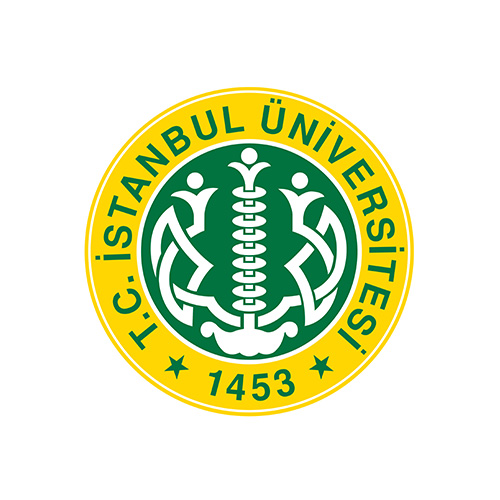
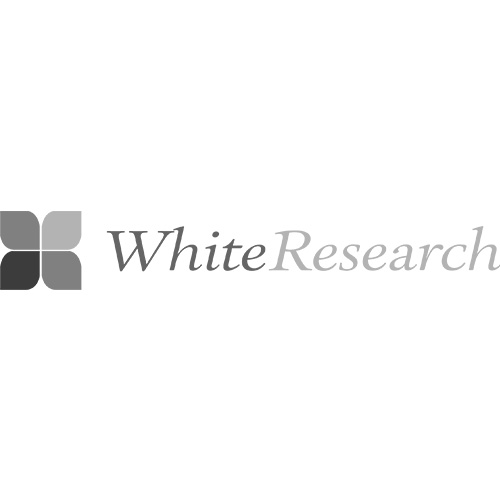

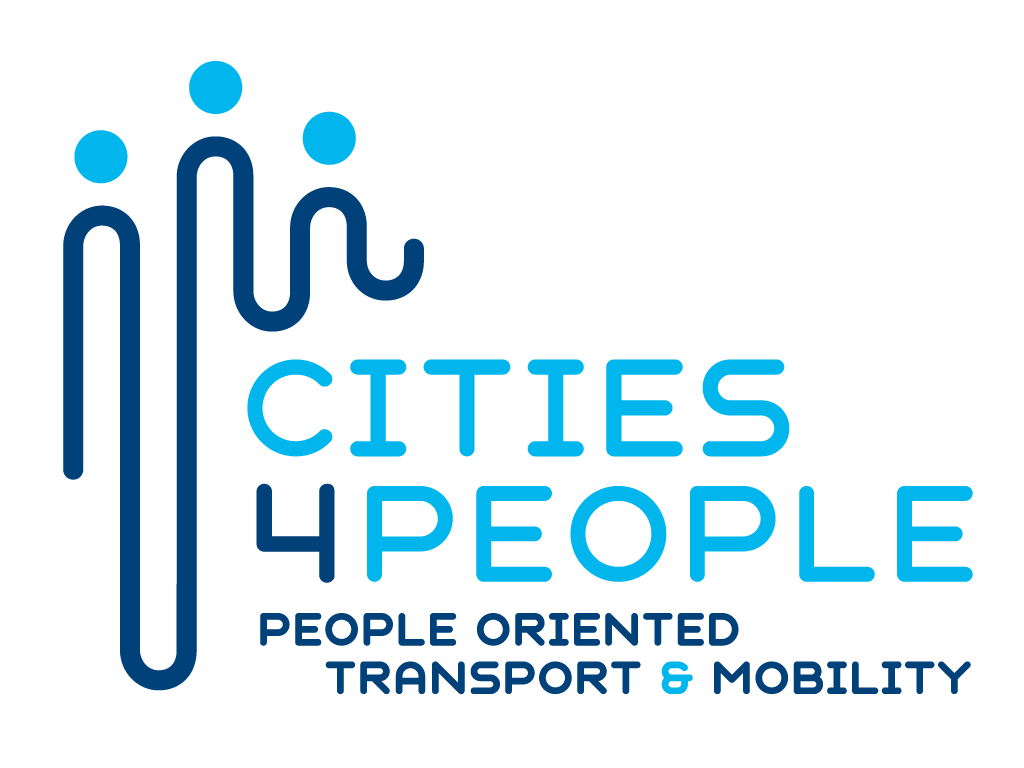
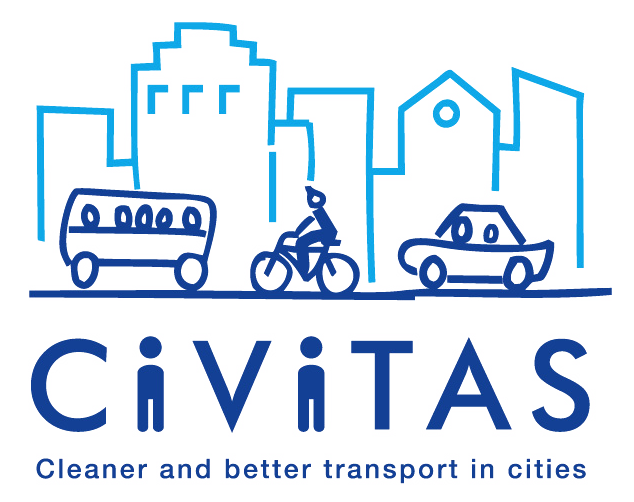


 Magyar
Magyar Ελληνικά
Ελληνικά Deutsch
Deutsch Turkish
Turkish